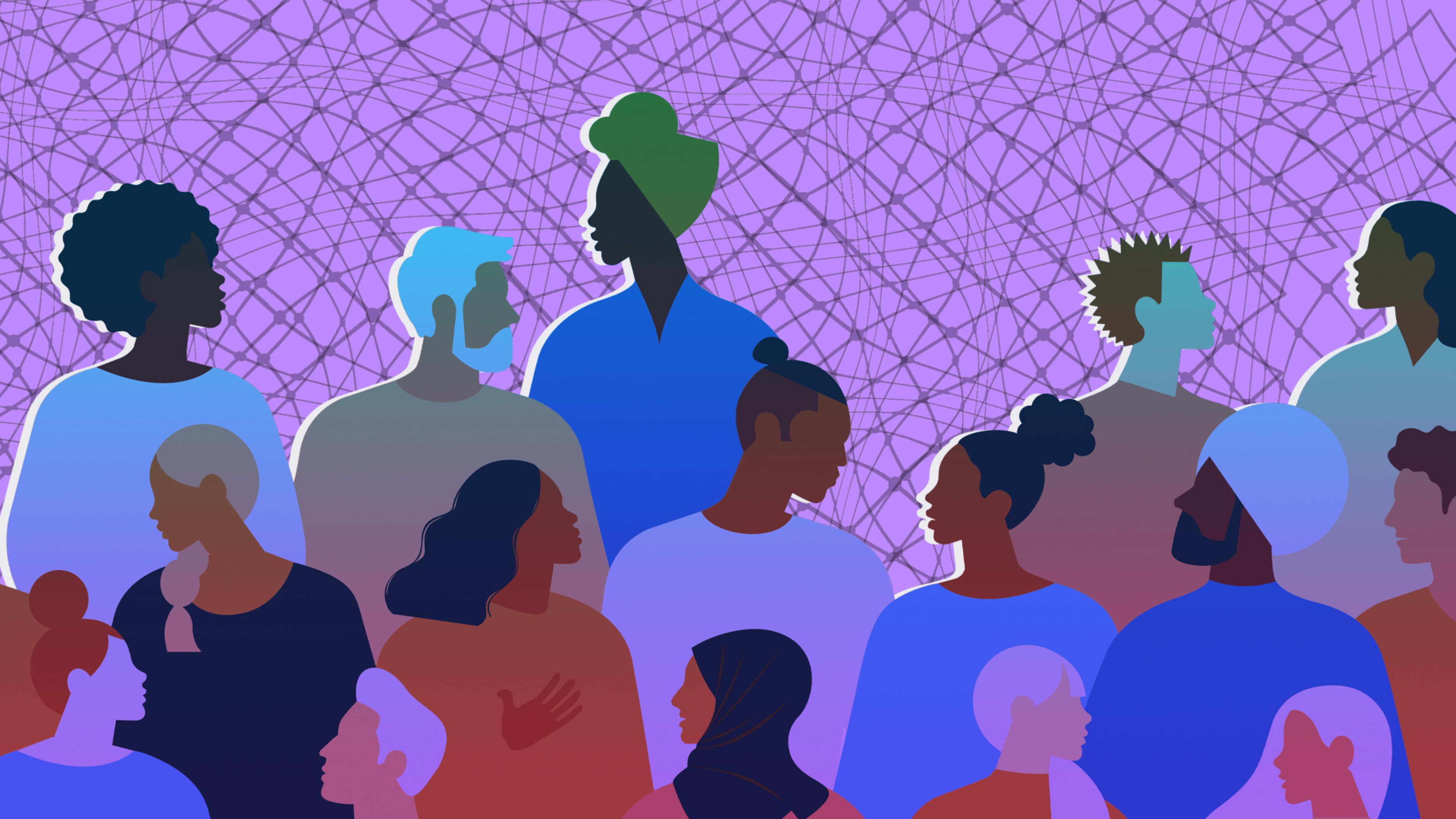When I founded Frank out of college, even my mom thought I was just “unemployed.” The only stories my mom had heard of about startup founders were of male founders who dropped out of college to start a company out of their garage. That wasn’t me.
Little do those stories tell you that the garage is often attached to a five- or six-bedroom home in a beautiful suburb and that the initial employees or cofounders also had the luxury of not getting paid for a considerable amount of time. This meant that the early teams were and still are almost always white males with little financial responsibility, prior high-paying jobs, and/or tons of family support.
While I understand the cash constraints all too well and hiring people who only “need” equity is a big temptation, I also knew that this would have long-term irreversible consequences for my company.
Unfortunately, the choice to delay or simply not think about hiring inclusively from the very beginning is a costly mistake. Just look at all the tech companies we see on a daily basis spending millions on diversity once they reach a certain stage, only to see that their efforts are too little, too late.
As the founder of a venture-backed tech company on a mission to make college more affordable for all, I’m guided daily by the principles of diversity, inclusion, and equity.
It’s not just about the 4 million students who we proudly help navigate the confusing financial aid process, the 68% of users on our platform who are women, or our commitment to low-income and minority students. It’s how we do it and who we are.
Today, our team is 54% female, 38% from underrepresented groups, and 30% immigrant. Every hire is easier to source and retain as the foundation is strong. We also commit proactively to ensure we never forget or leave anyone behind. Here are some best practices.
Inclusion
Overcommunicate: Set professional and communication expectations clearly. Many new entry-level workers from low-income backgrounds may not have had internships in the same environments, and by clearly articulating expectations around follow-up and communication time, you can close those gaps.
Reach high and wide: Make sure your product reaches underserved communities and does not discriminate or have a disparate impact on specific groups.
Be considerate: Host company events during working hours to enable parents and those who lack childcare to participate. Don’t have alcohol in an office or an environment that may not make everyone feel safe, as addiction is very real.
Fire for culture: Put culture above performance. If someone doesn’t positively contribute to the culture, they are the first to go. One rotten apple is not worth it.
Equity
Set expectations: Every year before performance reviews, I tell employees how to best negotiate for higher compensation and where to find compensation data, almost giving them mad libs for them to fill in. We also encourage employees to chat with each other and peers at other companies to ensure fair market value. On our side, we do extensive market research to ensure fair pay.
Be transparent: We pay people as if we can put their salary on the office refrigerator. We do not compare past pay or past positions but rather the impact they have on the company.
Pay it forward: We also mentor and support all employees to build their networks, coaching and proactively doing outreach on their behalf to help them form a mentor or peer group outside the company to level the playing field when it comes to the “old boys’ network.”
Diversity
Lead by example: As the CEO, I am the chief diversity officer. It isn’t a job that is separate, and it comes from the very top.
Build a scalable pipeline: For each position we interview, we reach out to all job boards, not only referral or headhunter-based hiring, to ensure diversity of the team.
Value motivation and culture first: Motivated gritty people do best at their jobs. Personal experience with financial aid is an important part of our hiring process and a key consideration for hires that almost always ensures diverse hires.
Choose people who support you for you: I am proud to have a woman as my first investor and Gaingels (an LGBTQ fund) invest in our team. We usually have an equal number of men and women join board meetings.
As a company, we still have a long way to go. We are not perfect and will continue to improve. There have been times where we didn’t say the right thing at the right time, and we learned from it. There are times where we weren’t as supportive or understanding as we could have been. I’m truly sorry for that.
As an industry, we’re moving in the right direction. But we need more focus on diversity, equity, and inclusion to permanently break free of monolithic tech-startup culture.
Charlie Javice is the CEO and founder of Frank and was one of Fast Company’s Most Creative People in 2011.
Recognize your brand’s excellence by applying to this year’s Brands That Matter Awards before the early-rate deadline, May 3.
